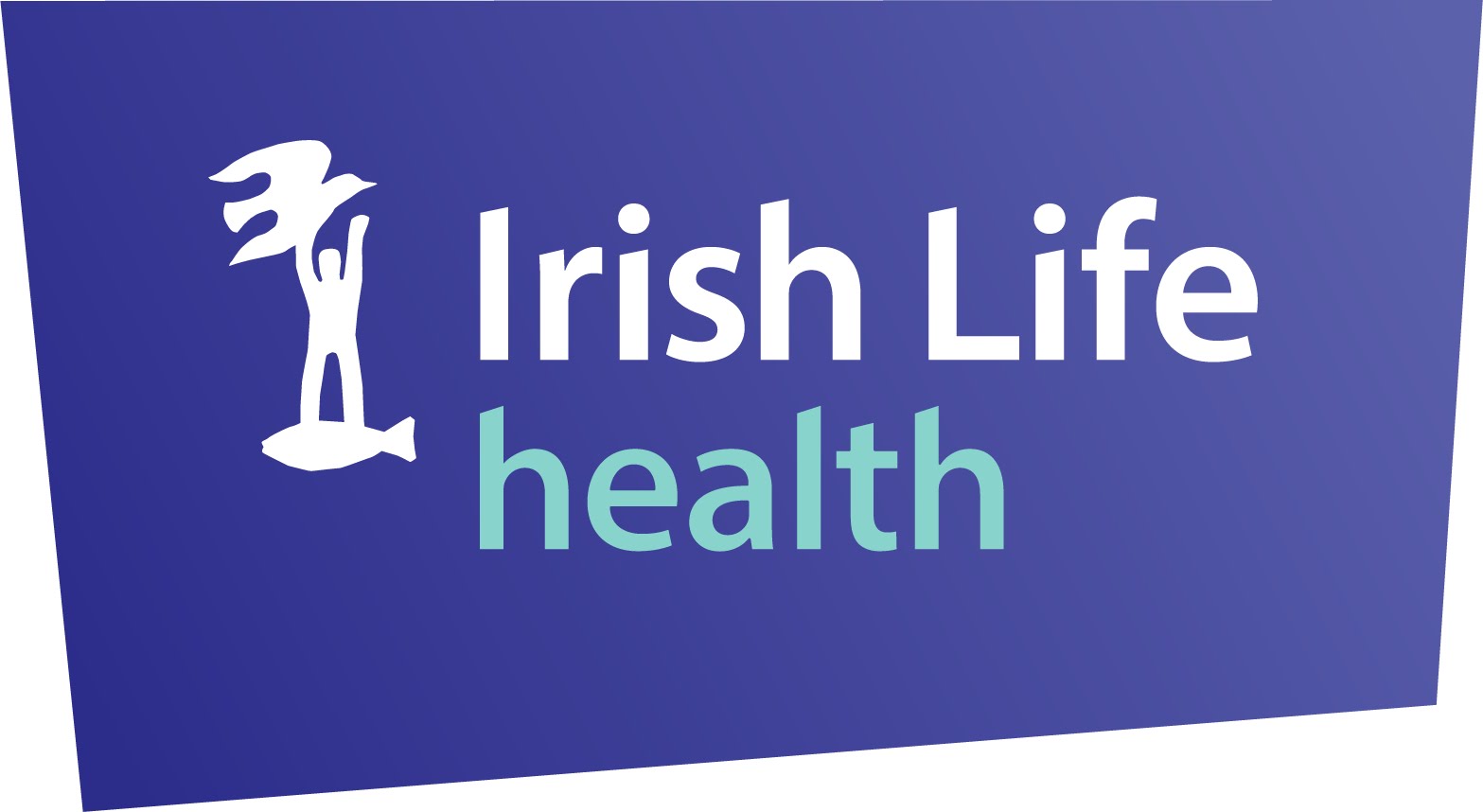
It’s a sad truth that in 2025, female health concerns are still so often overlooked and dismissed, particularly in the area of menstrual health and its associated disorders. Many women who are experiencing terrible period pain and heavy bleeding don’t have a concrete understanding of what’s ‘normal’ or typical, and what could potentially be symptoms of endometriosis or polycystic ovarian syndrome.
Thankfully, Irish Life Health’s online female health consultation service is helping bridge that gap, giving patients direct access to a female health specialist GP. With their female health services, Irish Life Health give their members access to online or face-to-face medical experts, so their members can be seen, heard and treated without waiting.
We sat down with Dr Máire Finn, a GP specialising in female health, to discuss the topic in greater detail, including period-related disorders and how Irish Life Health’s new service can help.
The day-to-day management of contraceptive health, menstrual health and fertility and all of these issues are dealt with by GPs. If you feel you’ve been dismissed in some way, if you feel like you haven’t been listened to, find somebody else. In defence of general practitioners, we can’t be perfect at everything. You can’t be an expert on everything. So you can go and see somebody else. Be your own best advocate. If you feel something’s wrong, look for help again, if need be.
That’s a really hard thing to explain, because, first of all, what’s often said is what’s normal. Normal is an awful word because there’s no normal. What’s ‘typical’ is probably a better way to put it. Typically, women bleed for about seven days; their first day is heavy, and the first few days can be kind of crampy. When it’s beyond that, then you should be looking for help.
For instance, if you bleed and have to change your tampon or pad every hour for more than two or three hours, that’s very significant bleeding. If you bleed and you pass clots frequently, that’s very significant and needs to be looked at. If you bleed and always have to bring a change of clothes with you, that’s not normal. That’s not something you should have to put up with.
If pain is stopping you from functioning in a normal way, then it is not typical, and it should be looked at. That is not a judgment on you or your pain threshold; that is a reflection of how you are functioning. We have something like 450 periods in a lifetime. You need to get it right so that you can live and function normally. This is a biological process that half the population don’t have to even think about. So we might as well make it as easy as we possibly can for ourselves.
Premenstrual symptoms are very much like the prostagenic symptoms. Progesterone is the hormone that’s pro-pregnancy and pro-gestation, and it will present symptoms similar to early pregnancy symptoms like sore boobs, feeling bloated, nausea because you’re a little bit hypoglycemic. Your blood sugar levels drop, so that craving for chocolate you get before your period, it’s real. It’s your body telling you you need more sugar. What you need to do is eat small amounts of carbs more regularly in those few days before your period, and you can actually manage it a bit better.
What you have is a surge of progesterone and then a drop, and then you’ll bleed, and the fluctuations don’t suit us. We’re much better when they’re even; however, unfortunately, our cycle is based on fluctuations, so that drop can often cause migraine and other symptoms.
You shouldn’t be a prisoner of your geography. If you’ve talked to somebody that you feel doesn’t understand or doesn’t have an interest, somebody who has a very specialist, intense interest in female health is who you need to talk to, and Irish Life Health’s female health consultation service is really good help for female health generally.
From the comfort of your own home, you’ll have access to consultations with somebody who can point you in the right direction and give you advice about whether you need further investigations or not, or even just to reassure you that, in fact, what you’re saying is within typical standards and to give advice about when to be worried and when not to be. That can mean an awful lot to women.
*Irish Life Health & RedC female health study June 2023
Find out more about Irish Life Health’s online female health consultation service by visiting irishlifehealth.ie. This benefit is available on all hospital plans. Terms and conditions apply. See your table of cover and membership handbook for details.